Don't let talented people go.
Streamlining the payroll and restructuring the apparatus are inevitable requirements in the process of administrative reform and modernization of the civil service. However, along with encouraging cadres, civil servants and public employees to retire early when they are no longer suitable for the requirements of innovation, special attention must be paid to a vital issue: retaining talented people, people with high qualities, abilities and dedication.
In practice, in each period of transformation, many people with outstanding abilities, innovative thinking, and good management skills - which are valuable assets of the system - may choose to leave the public sector for many reasons: the working environment is not motivating, development opportunities are limited, the evaluation mechanism is unfair, or the treatment is not commensurate. Without a strong enough policy to retain truly excellent people, the risk of "brain drain" from the public sector to the private sector or abroad is completely present. And once good people leave, not only do they lose human resources, but they also lose vision, experience, and creativity - the decisive factors for the sustainable development of the state apparatus.

It must be affirmed that: encouraging early retirement does not mean mechanically “replacing the old with the new”. Talented, dedicated, and capable people must still be at the center of the team building process. Retaining talented people is not only a responsibility, but also a manifestation of an administration that knows how to value talent, knows how to create conditions for good people to work, contribute, and develop.
To do this, first of all, it is necessary to establish a transparent and scientific staff evaluation mechanism, using actual effectiveness as a measure, to clearly distinguish between those who do not meet the requirements and those who need to be retained. Along with that, it is necessary to improve the quality of training and development, create opportunities for learning, promotion and assignment of appropriate work to individuals with outstanding qualities.
Equally important is the improvement of remuneration policies, salary and bonus regimes, benefits and timely recognition - competitive enough with the private sector - so that talented people not only "want to stay", but also "take pride in contributing" to the civil service system. At the same time, it is necessary to build a truly professional, fair working environment that respects individual abilities, where new ideas are listened to, creative contributions are honored, and real efforts are duly appreciated.
The newly issued Decree No. 179/2024/ND-CP has initially laid the foundation for a mechanism to encourage talented people to continue working in the public sector. The Decree specifically stipulates criteria for identifying talented people, special treatment policies, flexible appointment mechanisms and transparent working environments, creating conditions for talented people to develop and grow. However, to truly retain talented people, there needs to be more drastic, flexible and appropriate reforms for each industry, each locality and each specific job - to ensure that the policy goes into substance, not just stops at policy or form.
Retaining talented people - not only to ensure the effective operation of the apparatus, but also to spread the inspiration of dedication, nurture pride in public service, and build a strong administration - where talented people always have a place to show their talents, and never feel lost in the system they are contributing to build.
Balancing innovation and maintaining the pillars
In the process of building a modern, creative and serving administration, each cadre, civil servant and public employee plays an important role, contributing to the overall development of the country. Voluntary retirement before the age when no longer suitable for the task requirements is a brave choice, demonstrating a sense of responsibility and professional conscience. The policy of streamlining the state apparatus is a correct and humane step, both creating opportunities for innovation and rejuvenation of the team and recognizing and respecting past contributions.
However, streamlining does not mean “abolishing everything”. To achieve sustainable reform, it is necessary to pay special attention to retaining talented people - individuals with capacity, qualities and aspirations to serve - through reasonable remuneration policies, a fair working environment and clear development mechanisms. Only when streamlining is combined with giving priority to others, can Vietnam build a streamlined, effective and efficient administrative apparatus that is truly for the people and for the country's sustainable development goals in the new period.
Source: https://daibieunhandan.vn/bai-cuoi-khong-chi-la-ky-thuat-quan-tri-ma-la-tam-nhin-chinh-tri-post410120.html


![[Photo] Special flag-raising ceremony to celebrate the 135th birthday of President Ho Chi Minh](https://vphoto.vietnam.vn/thumb/1200x675/vietnam/resource/IMAGE/2025/5/19/1c5ec80249cc4ef3a5226e366e7e58f1)

![[Photo] Party and State leaders attend the special art program "You are Ho Chi Minh"](https://vphoto.vietnam.vn/thumb/1200x675/vietnam/resource/IMAGE/2025/5/18/6895913f94fd4c51aa4564ab14c3f250)


![[Photo] Party and State leaders visit President Ho Chi Minh's Mausoleum](https://vphoto.vietnam.vn/thumb/1200x675/vietnam/resource/IMAGE/2025/5/19/d7e02f242af84752902b22a7208674ac)



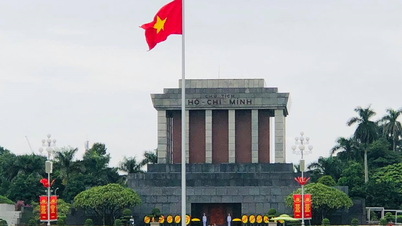































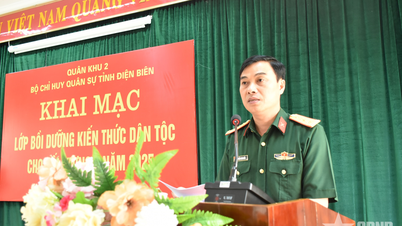






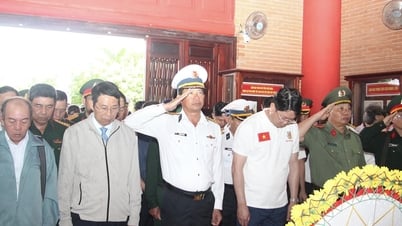



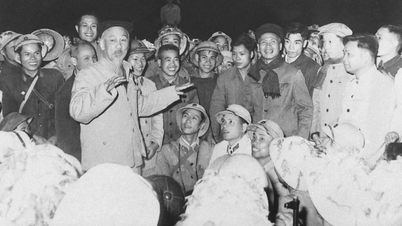






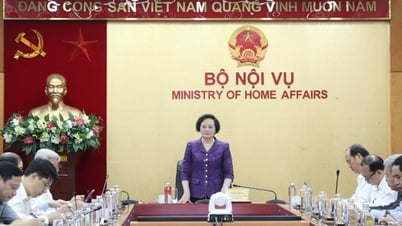

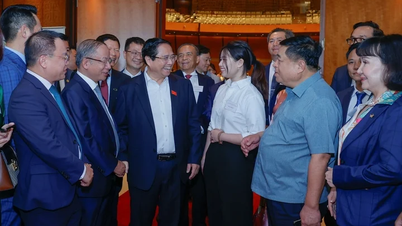



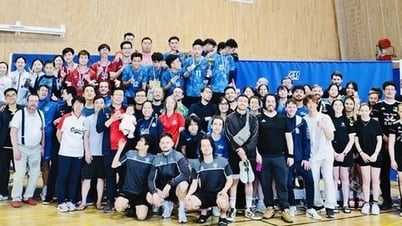

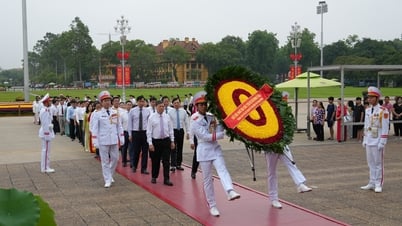

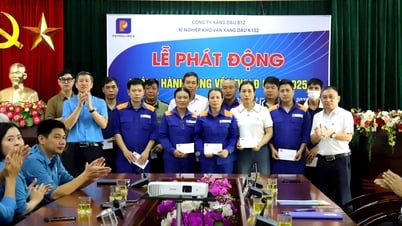







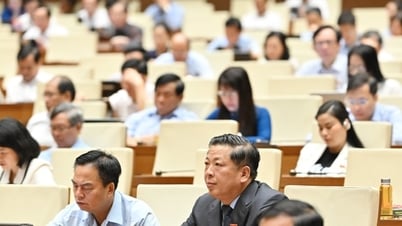











Comment (0)